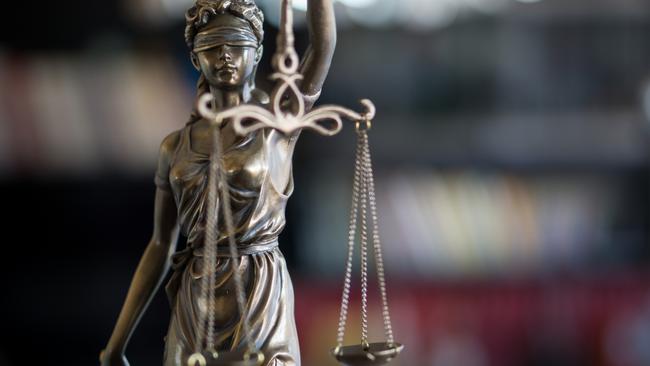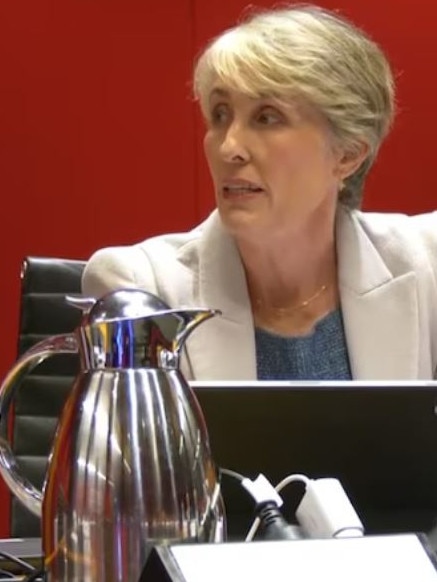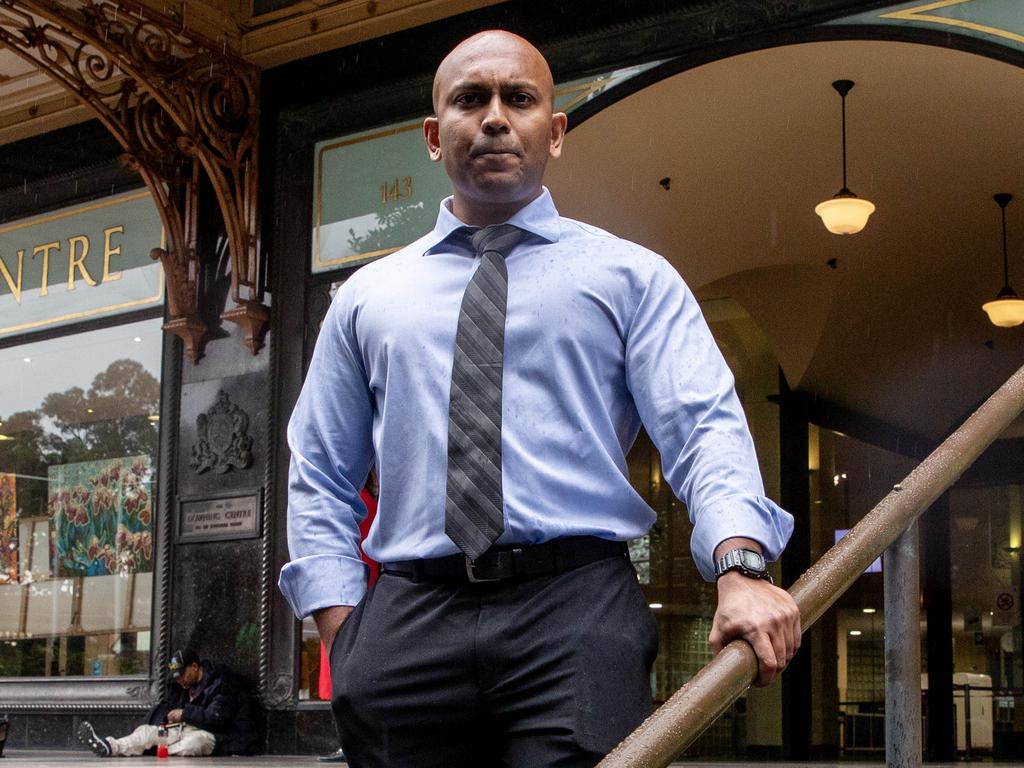
The Albanese government has tasked the Australian Law Reform Commission with one of its most important projects in years. It is to report by early next year on how the criminal justice system deals with sexual assault cases. It is critical that the ARLC gets the balance right between complainants’ and victims’ rights alongside those of the accused.
Wrongful convictions and prosecution of weak cases are blights on any system of justice. And so are cases where the accused, despite a mountain of evidence against them, is acquitted.
Therefore in examining reforms to the criminal justice system’s response to how sexual assault cases are dealt with it is critical that the voice of the accused is also considered.
As the Law Council of Australia has said in its submission to the ALRC: “Law reform proposals … should not undermine fundamental principles of the criminal law, and, in turn, risk injustice and the ability of an accused person to receive a fair trial.” Any attempts to lower the standard of proof or shift the onus on to defendants is anathema to the rule of law.
How the legal system handles sexual assault cases is a hot topic. We have seen complaints by NSW Director of Public Prosecutions Sally Dowling about experienced District Court judges who have criticised her office.

As The Australian’s legal affairs correspondent, Ellie Dudley, reported in March: “Ms Dowling has come under fire after five District Court judges launched public attacks on her office for ‘time and time again’ bringing baseless sexual assault proceedings to trial, with some believing a pattern is emerging in which prosecutors prefer to take a ‘believe the victim’ stance and push a matter before a jury, rather than dropping impossible cases.” There are a number of issues that should be the subject of clear guidance and recommendations from the ALRC. Some are raised by the Law Council and the Australian Lawyers Alliance in a submission to the ALRC inquiry.
They relate to the fact that there have already been a number of reforms in recent years designed to better protect complainants and victims in sexual assault cases. Further, the role of tougher sentencing and a lack of alternative mechanisms for resolution of cases – restorative justice is one example – mean some accused “roll the dice” and plead not guilty because a guaranteed lengthy jail term awaits if they plead guilty.
In relation to the former, one of the major issues that regularly emerges in media reporting is of experiences of complainants and victims in sexual assault cases who feel they were humiliated, bullied and harassed by counsel for the accused when they gave their evidence. The Women’s Legal Service Australia, in its submission to the ALRC, says a solution is that protection against “improper, inappropriate, or aggressive questioning should be strengthened, alongside increased access to independent legal representation”.
There are already, in our law, provisions that disallow questions for any witness that are harassing, intimidating or humiliating. It is a matter for judicial officers to ensure these provisions are enforced, bearing in mind that, sadly, there will be cases where that is not done because the justice system is not perfect. As to the suggestion that a complainant should have separate representation in a trial, this would not only confuse juries but it essentially means the prosecution’s role becomes superfluous.
To be clear, the law can always do better to make what is a painful experience for vulnerable individuals, whether they be complainants or an accused, less traumatic.

It is also critical to inject into the ALRC’s inquiry the need for sentencing reform to increase the incentive for an accused, with a strong case against them, to not “roll the dice” and hope for the best in a trial because the sentence they will receive is inevitably to be detained for a long time. This is because sentences have increased markedly and in all there are expectations in legislation of high sentences. In Tasmania, mandatory minimum sentences for some categories of sexual assault are before the parliament at the moment.
There needs to be greater scope for what is called restorative justice that would benefit victims and increase the incentive for the accused to plead guilty because participation would lead to a substantially lower sentence.
Restorative justice does get a mention in the ALRC work but it needs to be pushed hard and governments told to enshrine it in law. This process is facilitated and allows for victims to confront, in a mediated way, the perpetuator and for the latter to genuinely feel remorse and shame. It is not a “get out of jail free” card but much more effective than locking people up, particularly young offenders, for five years or more. The Centre for Innovative Justice at RMIT University has argued “restorative justice should be an option available to all victim survivors of sexual violence regardless of jurisdiction, and regardless of whether they choose to report to police”.
The bottom line is this: There is a balance to be struck between ensuring we continue to learn and improve how the criminal justice system deals with sexual assault cases but never at the expense of the rights of the accused. And let’s get smart about non-traditional solutions that keep offenders accountable and assist victims to move ahead with their lives.
Greg Barns is a former national president of the Australian Lawyers Alliance and a spokesman for the Alliance on criminal justice issues.






